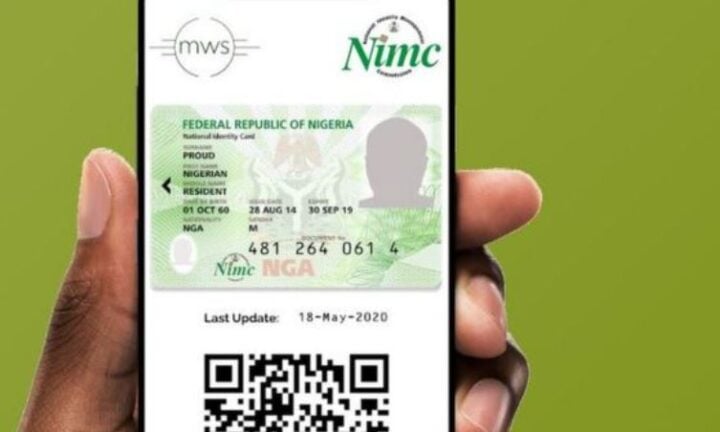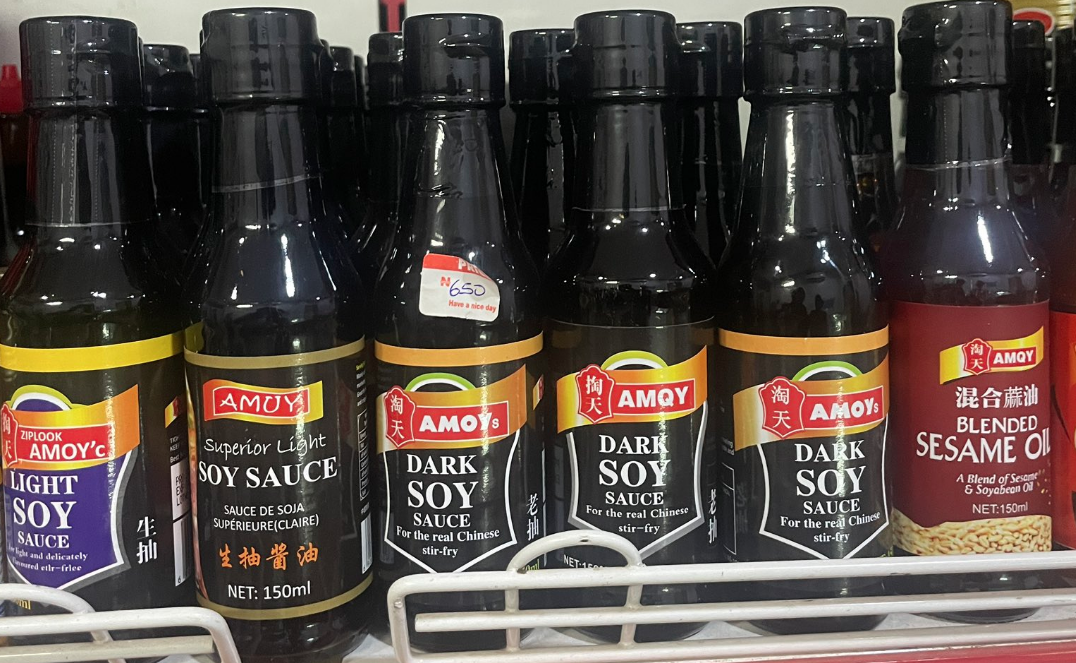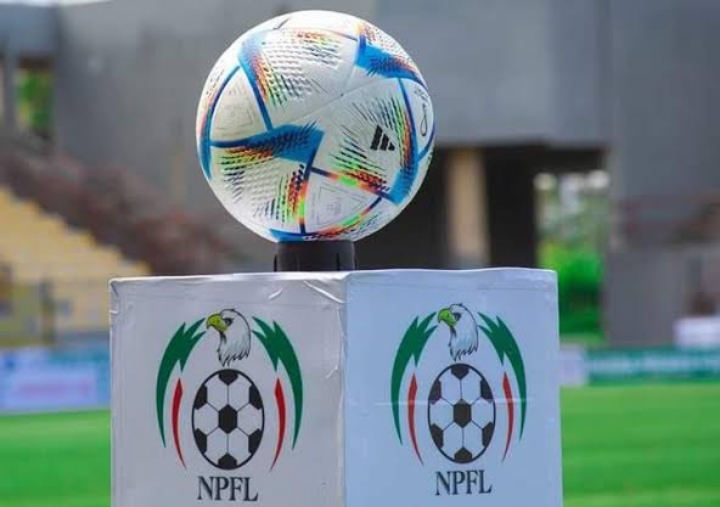In recent years, the Nigerian government introduced two major identification number systems – the bank verification number (BVN) and the national identification number (NIN). These unique numbers are linked to an individual’s biometric data and are intended to enhance identity verification, reduce fraud, and promote financial inclusion.
However, many Nigerians still do not understand why they need these numbers and how they benefit the country. This needs to be addressed because of their significance for personal and national development.
The BVN is an 11-digit number randomly assigned by banks to individuals with bank accounts in Nigeria. During BVN enrollment, an individual’s fingerprints and image are captured. This biometric data enables banks to verify customer identities and connect all their accounts, preventing identity fraud. If any questions arise, regarding a customer’s identity for transactions, the bank can instantly validate it using their fingerprints.
The NIN is an 11-digit non-sequential number issued by the National Identity Management Commission (NIMC) upon enrollment into the National Identity Database. The NIN is tied to an individual’s biometric data, including fingerprints and headshot photos on record with NIMC. It provides the primary means of identifying every Nigerian citizen and legal resident. The NIN is meant to be the foundational identification format of all individuals necessary for public services and transactions.
Advertisement
These two identification systems are significant in many ways and their use is mandatory as stipulated by the federal government.
The BVN and NIN are game changers and good for everyone. They prevent identity theft and fraud by providing undisputed verification of identities. Hardworking people have had their bank accounts and investments fraudulently taken over by impersonators because we did not have a biometric identification system. The mandatory implementation of the identity management law drastically reduces these frauds to almost zero.
With the NIN and BVN, individuals can confidently apply for loans, open bank accounts, register property and assets, register to participate in elections, access social benefits and bursaries, and carry out countless essential transactions, without fear of impersonation.
Advertisement
In Nigeria, a deep lack of identification was a major reason millions of people lacked access to financial services. There was no dependable database of all of us. But the BVN and NIN enable more people, including those in rural areas to be the real beneficiaries of financial services and most importantly, government social programmes such as cash transfers to the poorest of the poor.
Government agencies and private institutions can also efficiently identify recipients of social benefits and palliatives, as well as plan well for administration and service delivery to Nigerians.
The BVN and NIN eliminate phoney or dual identities, which hitherto enabled fraud and individual actions around illegal acts can be immediately traced to those who commit them.
In addition, employers can seamlessly verify the identities and credentials of employees using NIN and BVN. This enhances recruitment processes, payroll administration and most importantly, background checks.
Advertisement
Law enforcement and criminal justice agencies benefit from accurate identification records of Nigerian citizens and residents built on the foundational NIN system. National security policy and planning rely on valid population data, which NIN provides. Like countries where data is important in service delivery, Nigeria can benefit immensely from these identification data. This is because valid real-time population data enables effective policymaking, planning and resource allocation across public and private sectors. This is why Abisoye Coker Odusote, the new director general/CEO of NIMC, a passionate data management professional was appointed by President Bola Tinubu to effectively drive the NIN policy and ensure optimal compliance with the administration of the National Identity Management Commission Act.
Yet, we all have responsibilities to play to bring this about. Every Nigerian who is yet to have their BVN and NIN is expected to enrol for their NIN with NIMC and provide it to their bank for linkage to their BVN. It then becomes everyone’s duty to protect and keep NIN and BVN details safely and present them when required for identification.
The same applies to businesses. Private companies must collect and validate the BVN/NIN details of customers for records, transactions and interactions. They are also expected to procure verification devices and maintain responsibility for secure data practices.
As for employers, NIN details should be collected from prospective and current employees and utilised for HR functions like recruitment, payroll, pensions etc.
Advertisement
Government agencies are also expected to collaborate with NIMC to integrate agency databases with the National Identity Database for real-time verification of identity while also maintaining continued liaison with NIMC.
Readers may have questions about BVNs and NINs, which others have asked in the past. The FAQ section of the NIMC provides answers to give peace of mind to those worried about any aspect of the system.
Advertisement
Are they really secure?
Yes, very secure. The numbers are randomly generated, while the biometric databases are safely encrypted making them impossible to falsify.
Advertisement
Do the numbers expire?
No. BVN and NIN once issued, remain with an individual for life. They do not require renewal.
Advertisement
Can they ever change?
BVN may change if incorrectly issued by a bank. NIN cannot change except when revoked due to established identity fraud.
What if I forget my number?
Banks can retrieve BVN, while NIMC retrieves NIN using registered phone numbers, biometrics etc.
Must I always provide the number?
Yes, always have your BVN/NIN handy, as they will frequently be required for identification.
Can anyone access my information?
No. Individual data is confidential and protected under data privacy laws. Only you and authorised verification agencies via secure protocols can request verification.
Every Nigerian, businesses and government institutions inclusive, has a responsibility to support the NIN/BVN initiatives, which underpin modern identification systems. Secure identity is vital for fraud prevention, service delivery, financial inclusion, law enforcement and national progress. All Nigerians should enrol for NIN, provide it to banks for BVN linkage and present whenever required. The personal, social and economic benefits are invaluable for the country’s development.
Ogannah is the publisher of TheWill Newspaper & TheWill Downtown Magazine.
Views expressed by contributors are strictly personal and not of TheCable.







